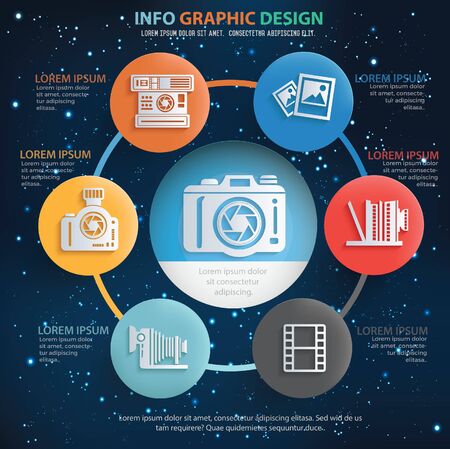Digital Photographers Typically Neglect Essential Fundamentals That Can Impede Their Development; Find Necessary Pointers To Raise Your Skills And Prevent Common Pitfalls
Digital Photographers Typically Neglect Essential Fundamentals That Can Impede Their Development; Find Necessary Pointers To Raise Your Skills And Prevent Common Pitfalls
Blog Article
Developed By-Sparks McFadden
As a new digital photographer, it's very easy to obtain caught up in the appeal of high-end gear and forget the basics that absolutely boost your craft. You could find yourself frustrated when your photos don't mirror the vision you wanted. Common bad moves, like overlooking lights basics or ignoring structure concepts, can hold you back greater than you understand. Yet recognizing these pitfalls can change your strategy. Allow's check out these mistakes and just how you can avoid them to improve your photography trip.
Disregarding Lighting Fundamentals
Disregarding lighting principles is among the largest missteps new professional photographers make. You could assume that recording a wonderful photo is all about your electronic camera setups or the current equipment, yet the reality is, illumination is crucial. Proper lighting can raise your photos from mundane to sensational, and understanding it can conserve you from many missed out on possibilities.
Initially, pay attention to all-natural light. The gold hours-- quickly after sunrise and before sundown-- use soft, lovely light that boosts your subject. Stay clear of severe midday sun, which can cast uncomplimentary darkness. If you're firing inside, position your subject near home windows to capitalize on diffused light.
Next, learn to control synthetic lights. Experiment with various resources, like lamps or exterior flash. Usage reflectors to jump light back onto your subject for a softer result. Don't forget that darkness can add deepness; embrace them instead of hesitating.
Finally, hop over to this website changing your electronic camera settings according to the lights problems. Understand how shutter rate, aperture, and ISO interact to achieve the desired exposure.
Overemphasizing Devices
Lots of new professional photographers fall under the catch of thinking that having the most up to date and best equipment will automatically improve their photography. While it's tempting to think that a higher-end cam or an expensive lens will certainly boost your job, the fact is that it's not practically the devices you use.
Your abilities, imagination, and understanding of photography play a much larger role in creating spectacular photos. Buying superior equipment can be useful, but it should not be your main focus. Rather, concentrate on understanding the essentials-- light, composition, and narration.
You can take breathtaking photos with a straightforward electronic camera if you know exactly how to utilize it effectively. Usually, it's the professional photographer's vision, not the gear, that makes the difference.
Moreover, overemphasizing devices can cause aggravation and burnout. You could find yourself regularly chasing after the next piece of equipment rather than sharpening your craft.
Neglecting Composition Principles
When you pick up your camera, it's very easy to focus entirely on the subject, however disregarding structure principles can bring about uninspired images. Make-up is the backbone of photography; it overviews the visitor's eye and develops a visual story. If you ignore it, your magnificent subject may obtain shed in a messy framework.
Begin by using the policy of thirds. Visualize your framework divided right into 9 equal parts by two straight and two upright lines. Placement crucial elements along these lines or at their crossways for a balanced and engaging shot.
Additionally, consider leading lines. Use Executive headshots near me in your scene to draw the audience's eye toward the topic.
Don't forget framework. Usage surrounding elements to produce a "framework within a structure." This technique can include depth and emphasis to your topic.
Lastly, take note of negative room. Sometimes, less is much more. Permitting Click That Link can boost your focal point and produce a more effective picture.
Final thought
Finally, by steering clear of these typical challenges, you can elevate your digital photography skills significantly. Concentrate on mastering lights, composition, and direct exposure instead of obtaining shed in costly gear. Don't underestimate the power of post-processing, either-- it can genuinely change your pictures. Bear in mind to select the right time of day for capturing, as lights plays an important function in your final results. Accept these pointers, and see your photography thrive!
